1300 Hajj pilgrims died in scorching Saudi heat
The faithful faced extreme temperatures at Islamic holy sites in Saudi Arabia

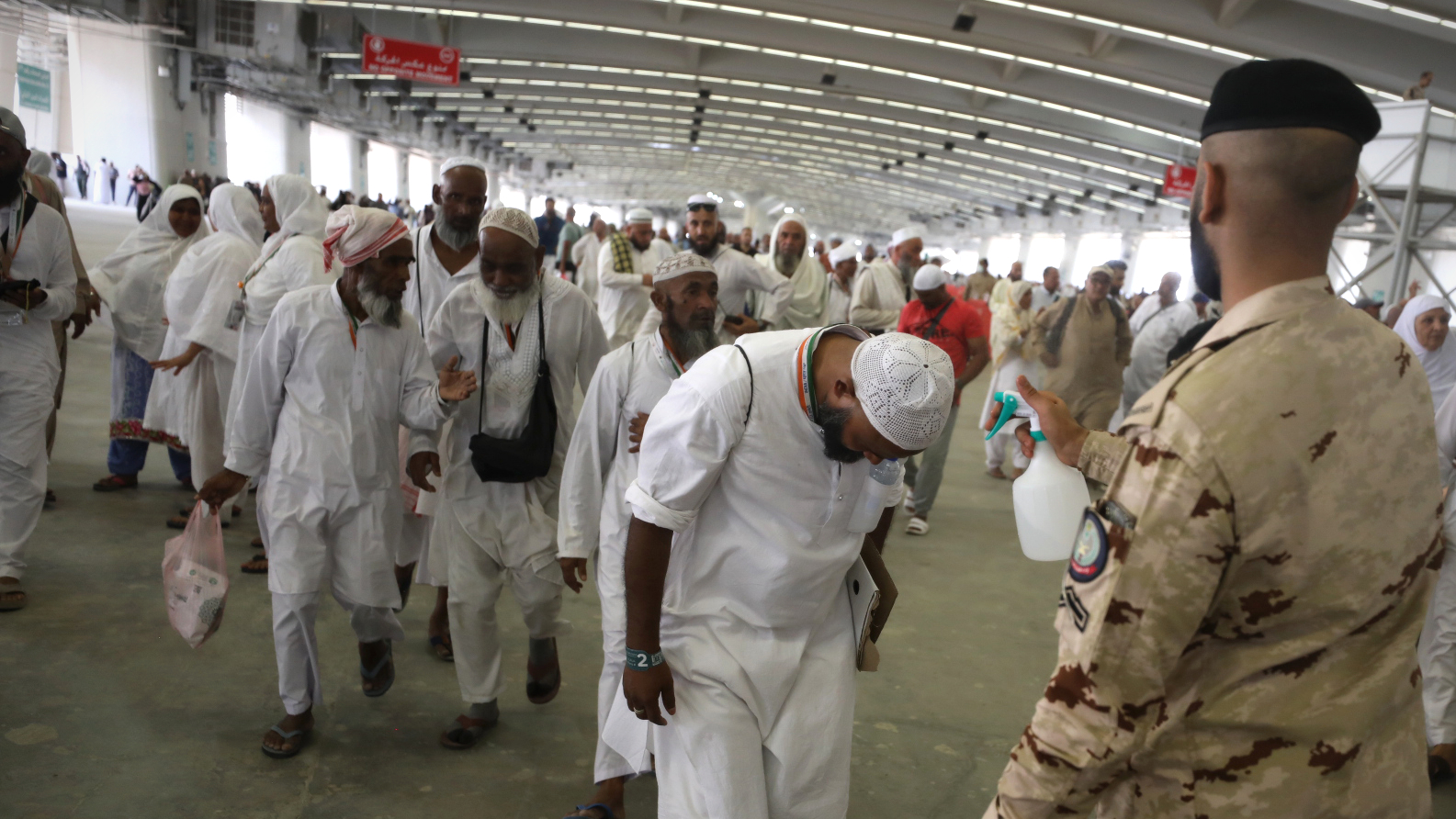
A free daily email with the biggest news stories of the day – and the best features from TheWeek.com
You are now subscribed
Your newsletter sign-up was successful
What happened
At least 1,301 Muslims died in Mecca during the five-day Hajj pilgrimage as temperatures soared to a record 125 degrees Fahrenheit, Saudi Health Minister Fahad Al-Jalajel said Sunday. He said 83% of the dead were pilgrims who lacked permits and did not have access to air conditioned tents and transportation between holy sites.
Who said what
"Unfortunately — and this is painful for all of us — those who didn't have Hajj permits walked long distances under the sun," Al-Jalajel said.
Traveling to Mecca to complete the Hajj is required of "every able-bodied Muslim" once in their lifetime, but the Saudis approve only so many special permits each year, The Washington Post said. "Hundred of thousands of people who don't secure permits still manage to participate," typically on "tourism visas arranged by unlicensed travel operators."
What next?
A 2019 MIT study predicted "the Hajj would be held in temperatures exceeding an 'extreme danger threshold'" in 2047 and beyond, The Associated Press said. In the meantime, the lunar calendar followed by Islam will push the Hajj "11 days earlier each year," meaning in a few years "it will fall in the winter," with milder weather.
The Week
Escape your echo chamber. Get the facts behind the news, plus analysis from multiple perspectives.

Sign up for The Week's Free Newsletters
From our morning news briefing to a weekly Good News Newsletter, get the best of The Week delivered directly to your inbox.
From our morning news briefing to a weekly Good News Newsletter, get the best of The Week delivered directly to your inbox.
A free daily email with the biggest news stories of the day – and the best features from TheWeek.com
Peter has worked as a news and culture writer and editor at The Week since the site's launch in 2008. He covers politics, world affairs, religion and cultural currents. His journalism career began as a copy editor at a financial newswire and has included editorial positions at The New York Times Magazine, Facts on File, and Oregon State University.
-
 El Paso airspace closure tied to FAA-Pentagon standoff
El Paso airspace closure tied to FAA-Pentagon standoffSpeed Read The closure in the Texas border city stemmed from disagreements between the Federal Aviation Administration and Pentagon officials over drone-related tests
-
 Political cartoons for February 12
Political cartoons for February 12Cartoons Thursday's political cartoons include a Pam Bondi performance, Ghislaine Maxwell on tour, and ICE detention facilities
-
 Arcadia: Tom Stoppard’s ‘masterpiece’ makes a ‘triumphant’ return
Arcadia: Tom Stoppard’s ‘masterpiece’ makes a ‘triumphant’ returnThe Week Recommends Carrie Cracknell’s revival at the Old Vic ‘grips like a thriller’
-
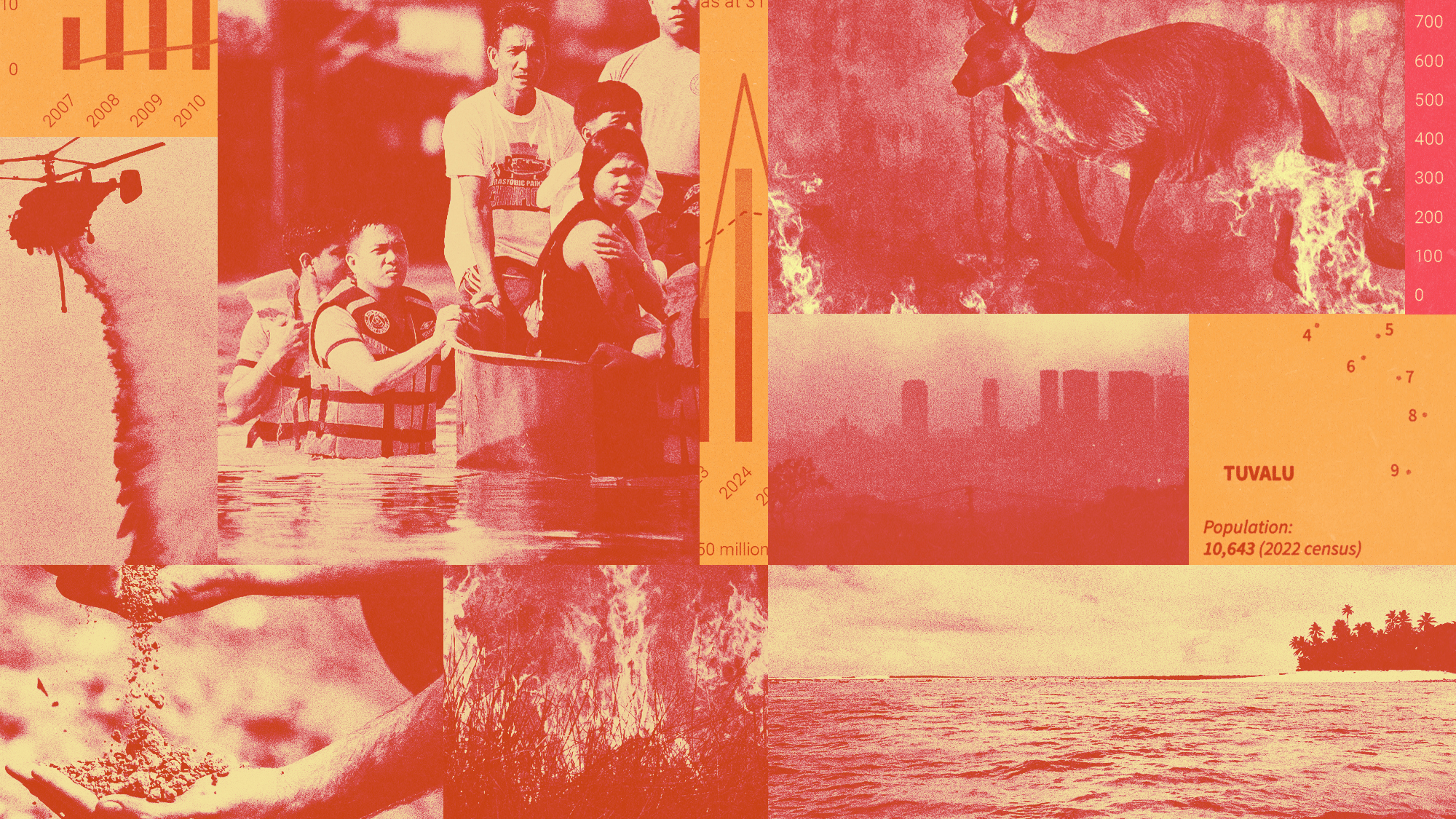 Can the world adapt to climate change?
Can the world adapt to climate change?Today's Big Question As the world gets hotter, COP30 leaders consider resilience efforts
-
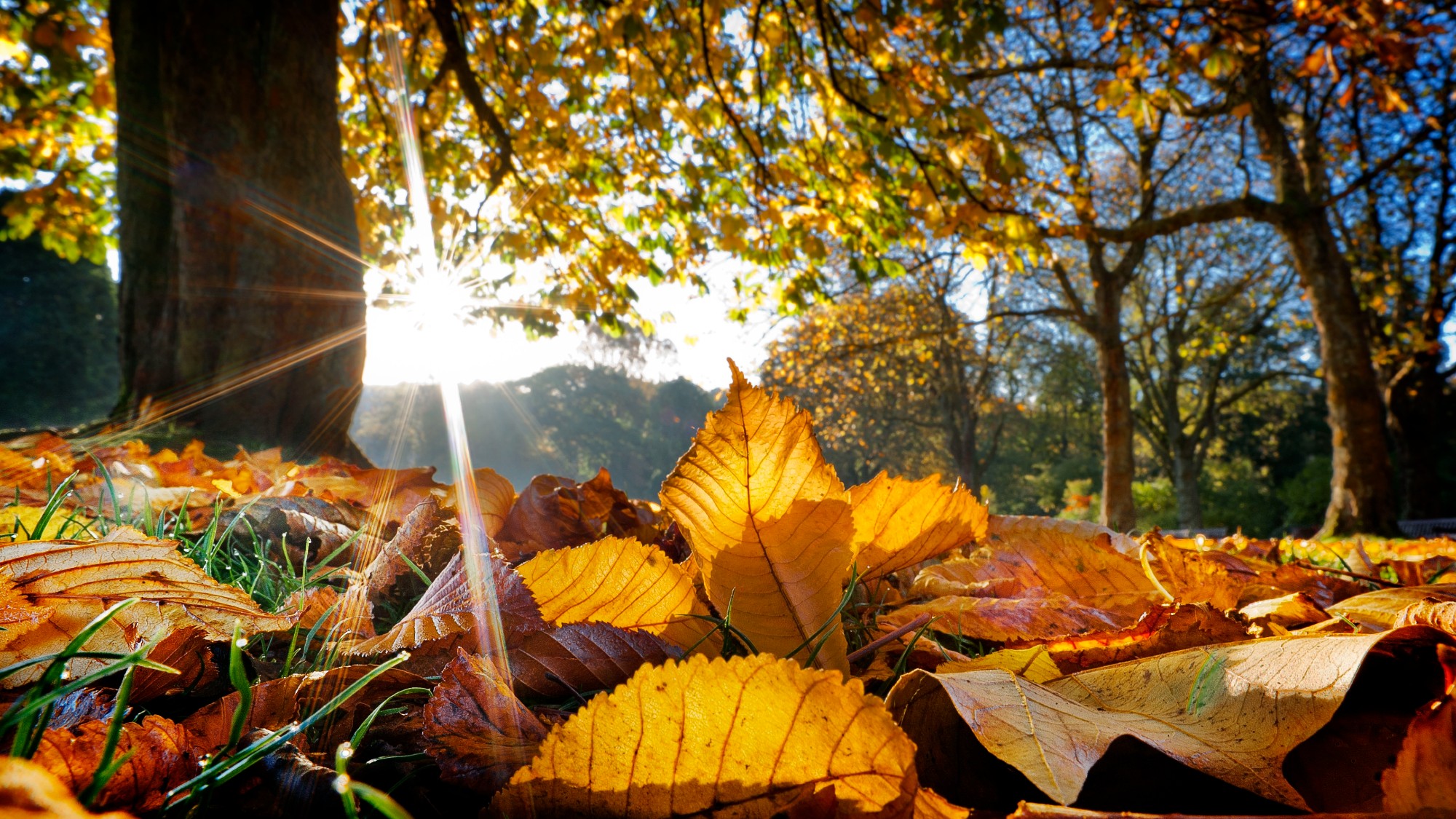 When does autumn begin?
When does autumn begin?The Explainer The UK is experiencing a 'false autumn', as climate change shifts seasonal weather patterns
-
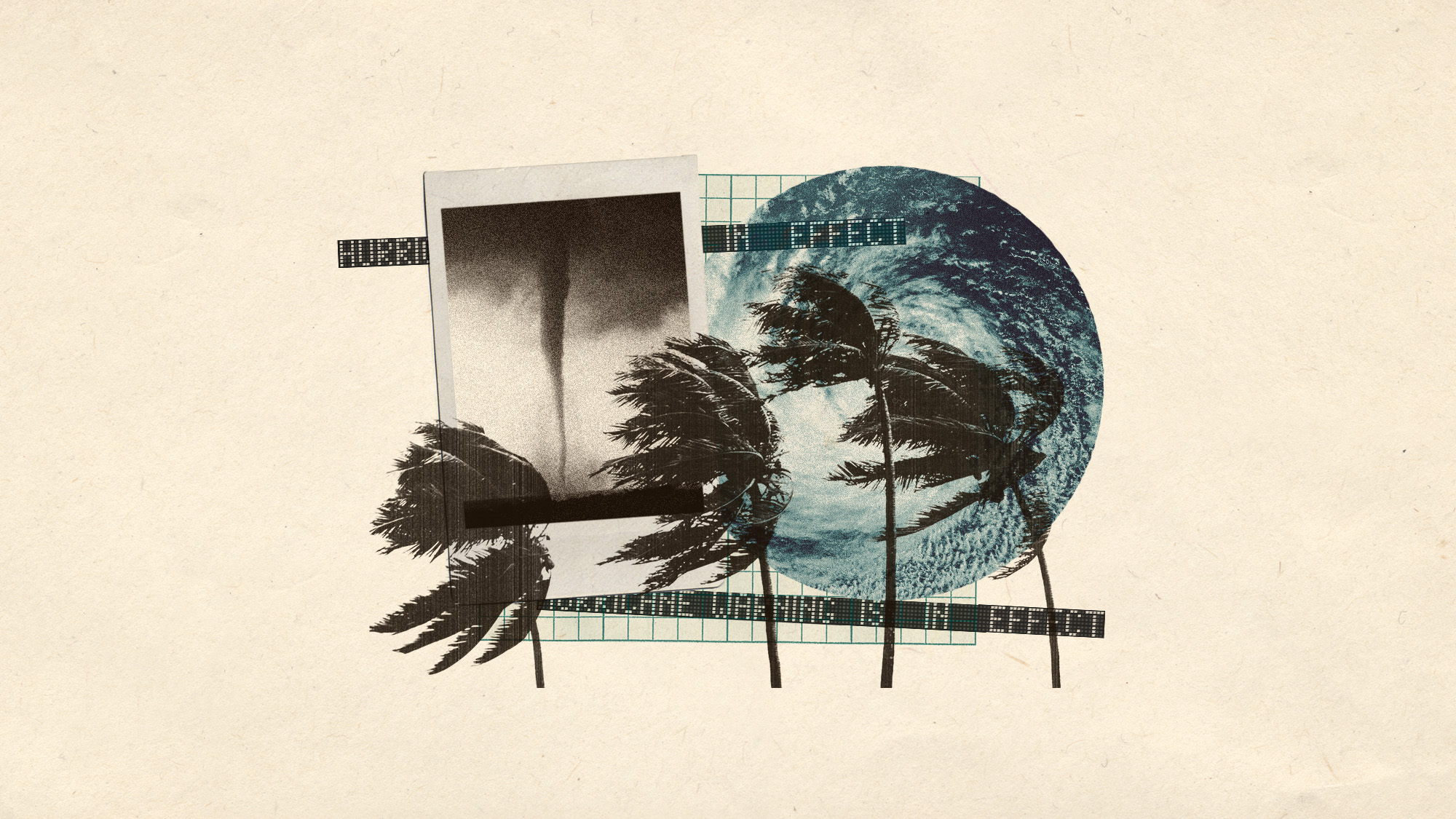 This Atlantic hurricane season is expected to be above average
This Atlantic hurricane season is expected to be above averageUnder the radar Prepare for strong storms in the coming months
-
 Why the weather keeps getting 'stuck'
Why the weather keeps getting 'stuck'In the Spotlight Record hot and dry spring caused by 'blocked' area of high pressure above the UK
-
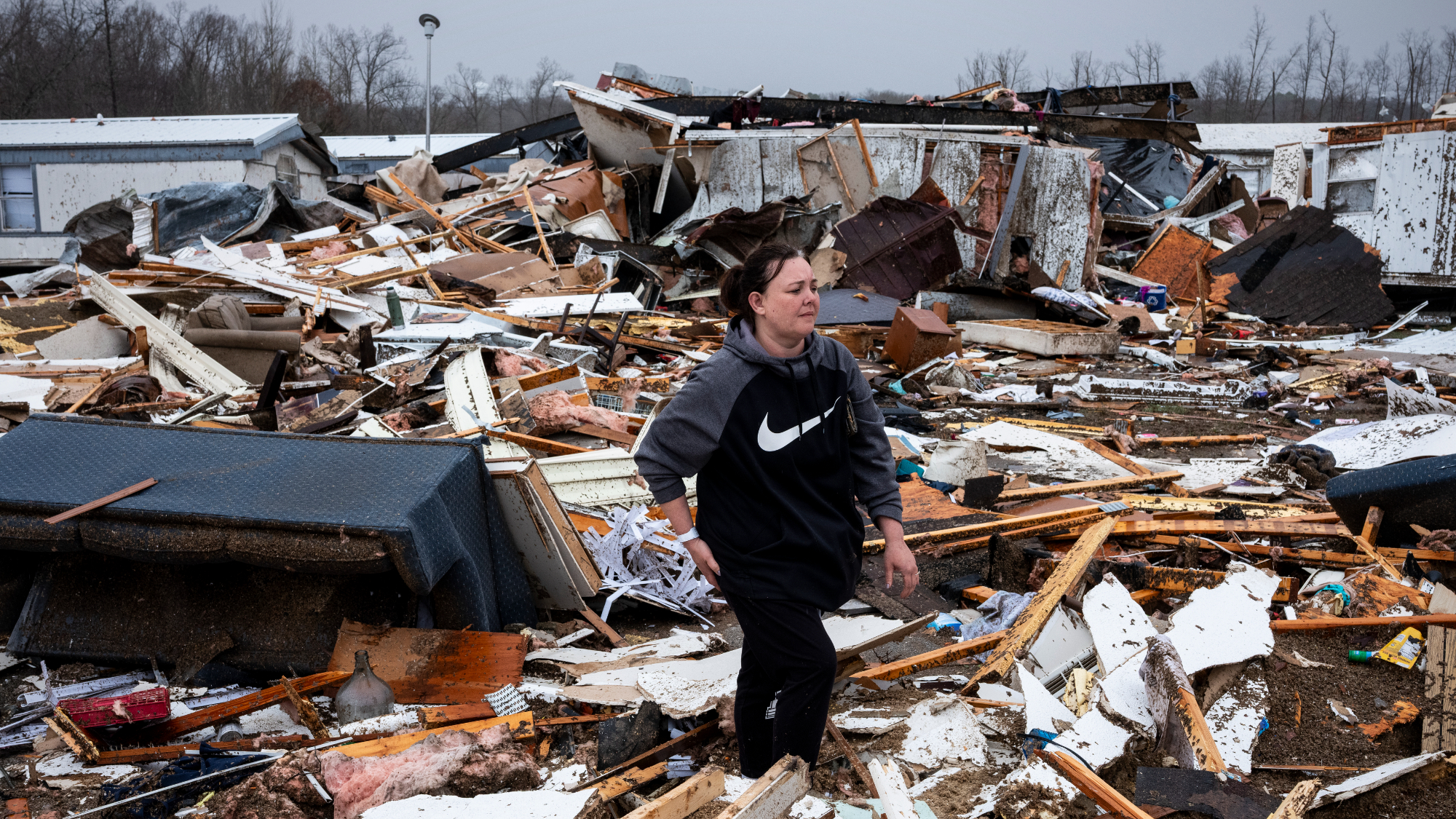 Severe storms kill dozens across central US
Severe storms kill dozens across central USSpeed Read At least 40 people were killed over the weekend by tornadoes, wildfires and dust storms
-
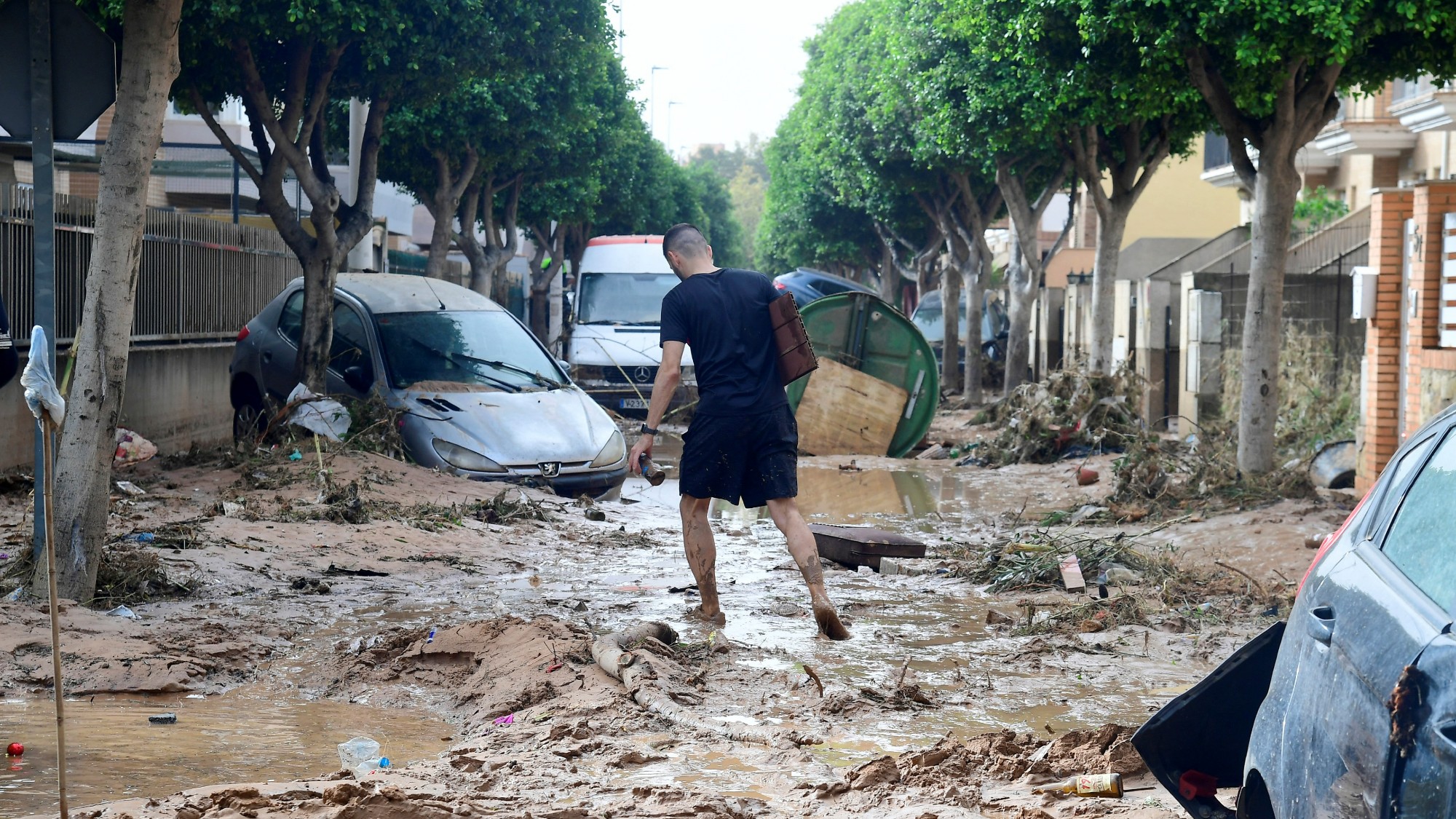 Earth's climate is in the era of 'global weirding'
Earth's climate is in the era of 'global weirding'The Explainer Weather is harder to predict and more extreme
-
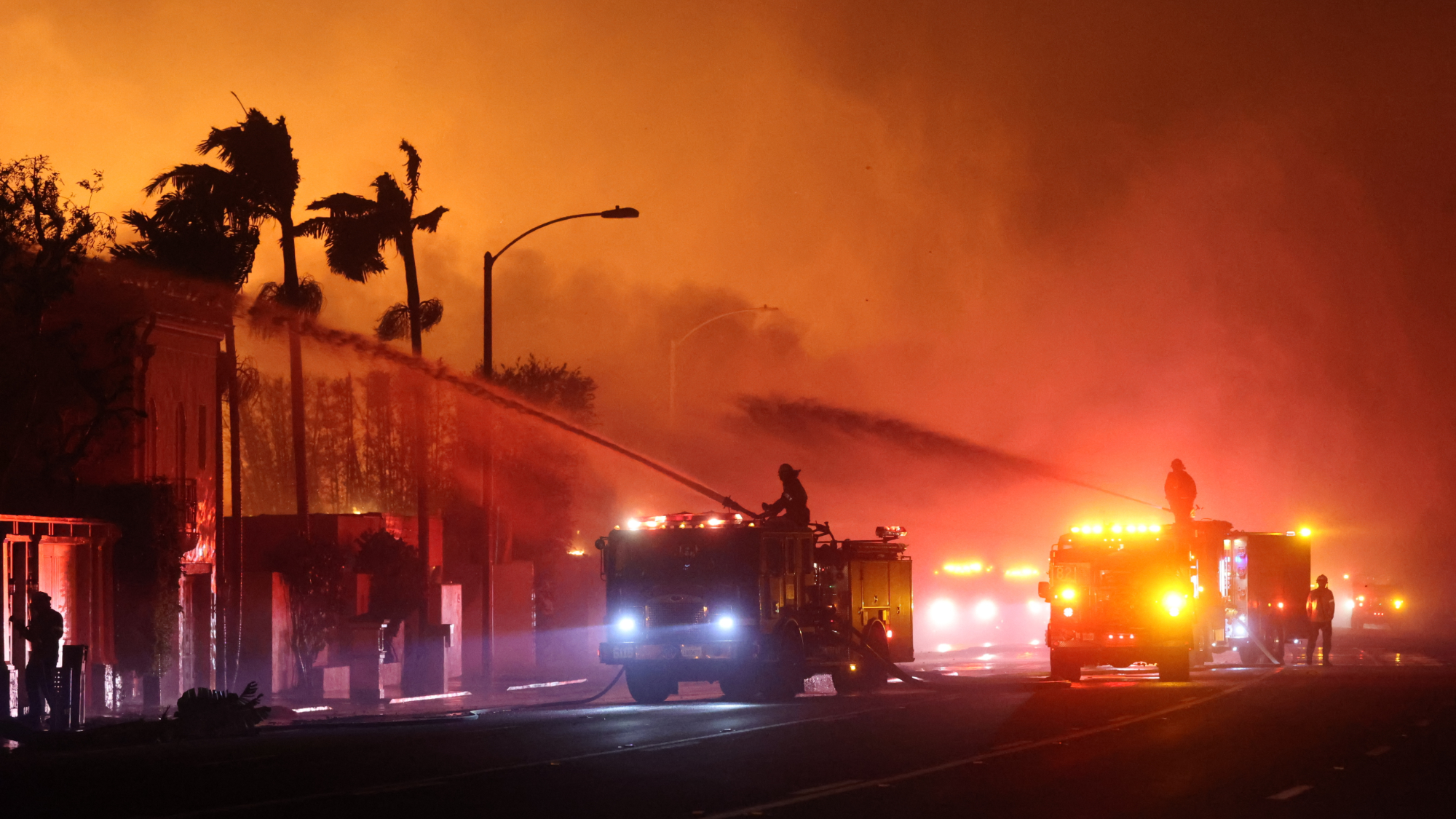 Biden cancels Italy trip as raging LA fires spread
Biden cancels Italy trip as raging LA fires spreadSpeed Read The majority of the fires remain 0% contained
-
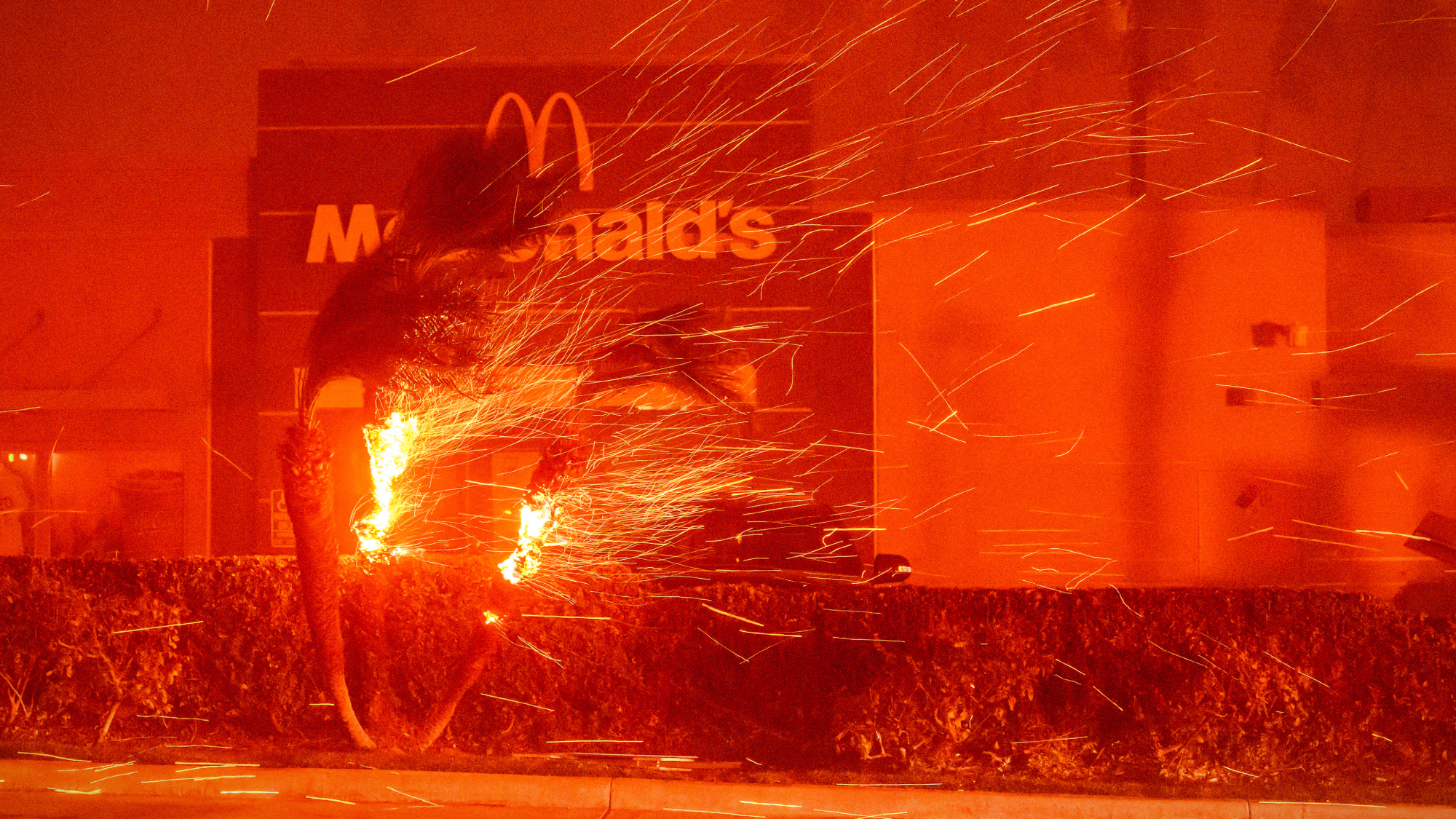 Fast-spreading Los Angeles wildfires spark panic
Fast-spreading Los Angeles wildfires spark panicSpeed Read About 30,000 people were under an evacuation order as the inferno spread
